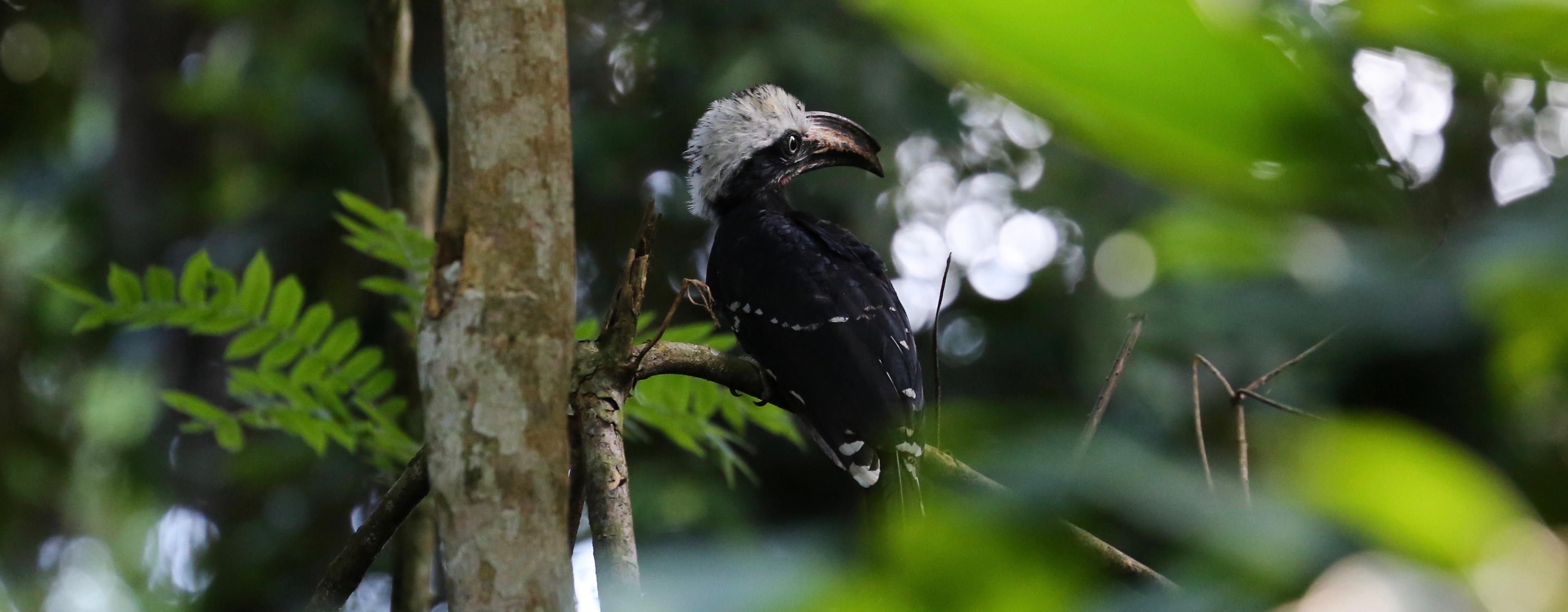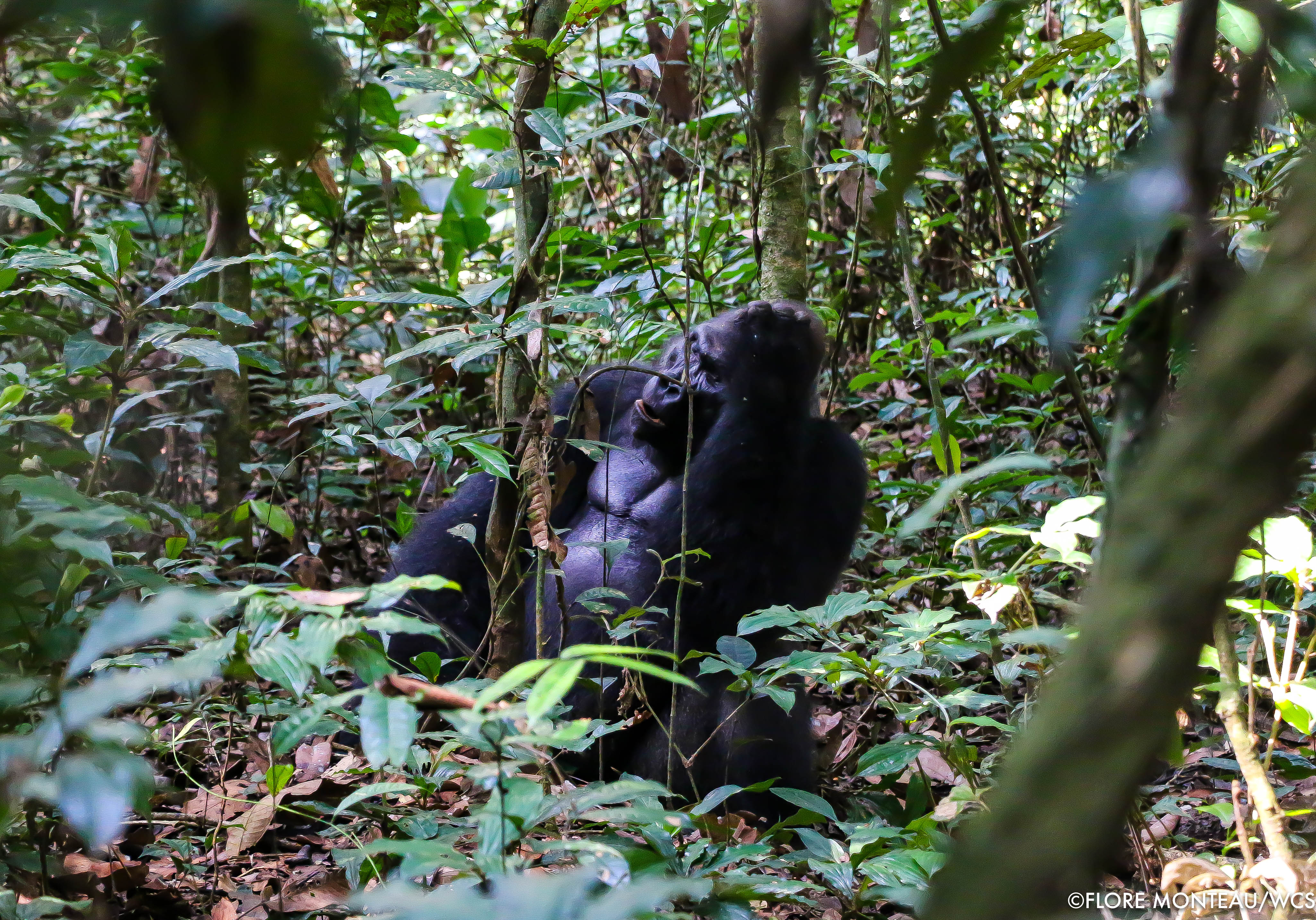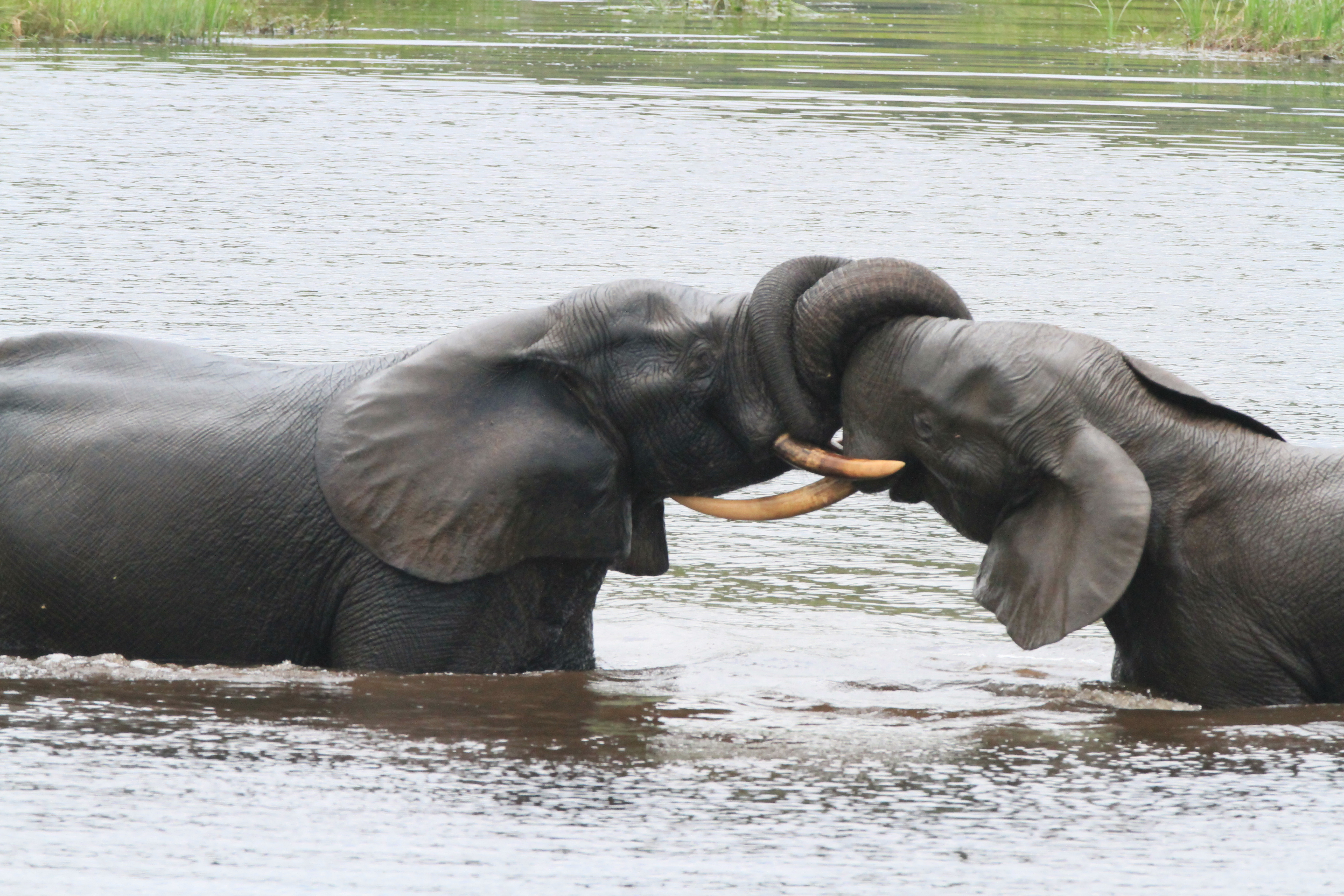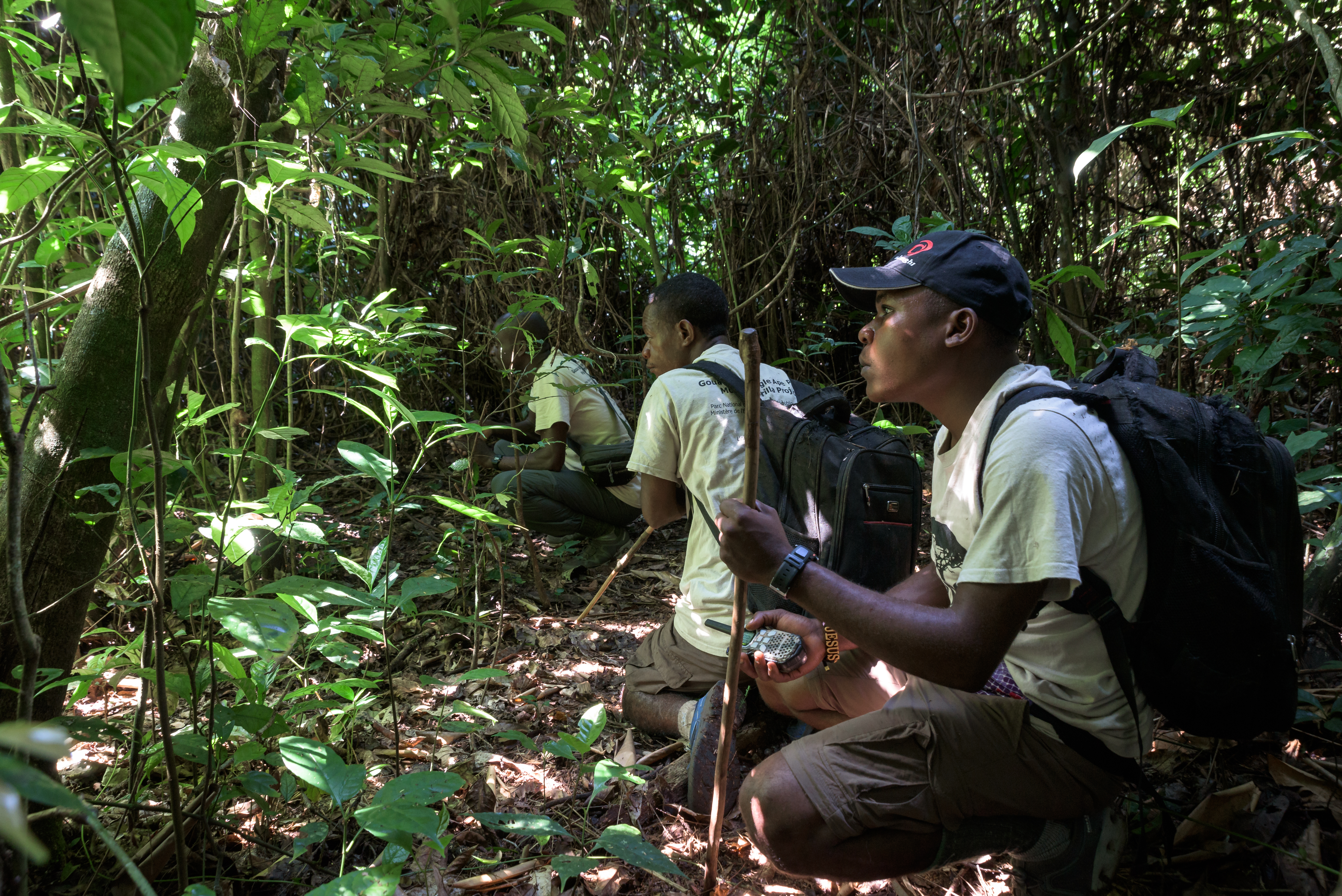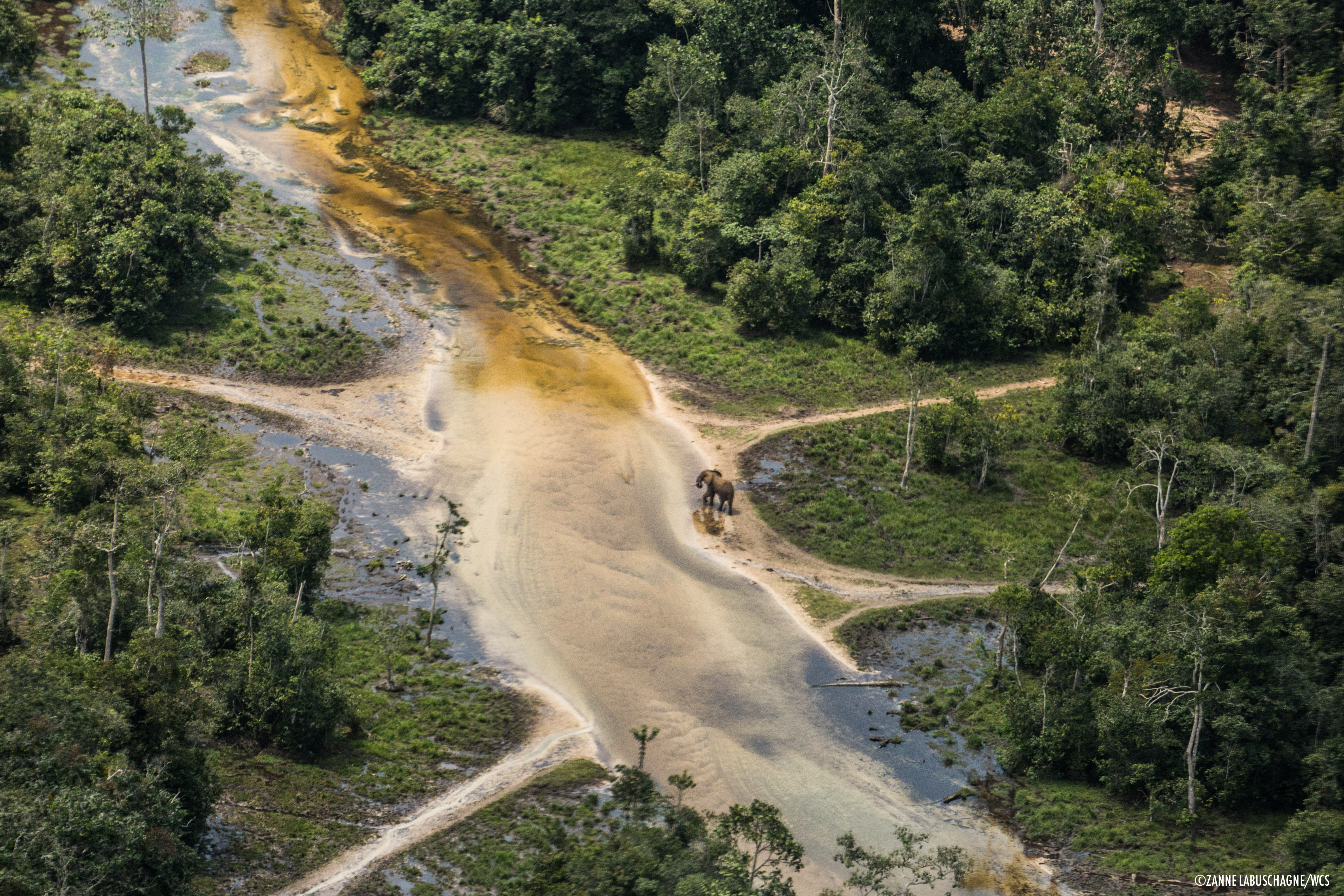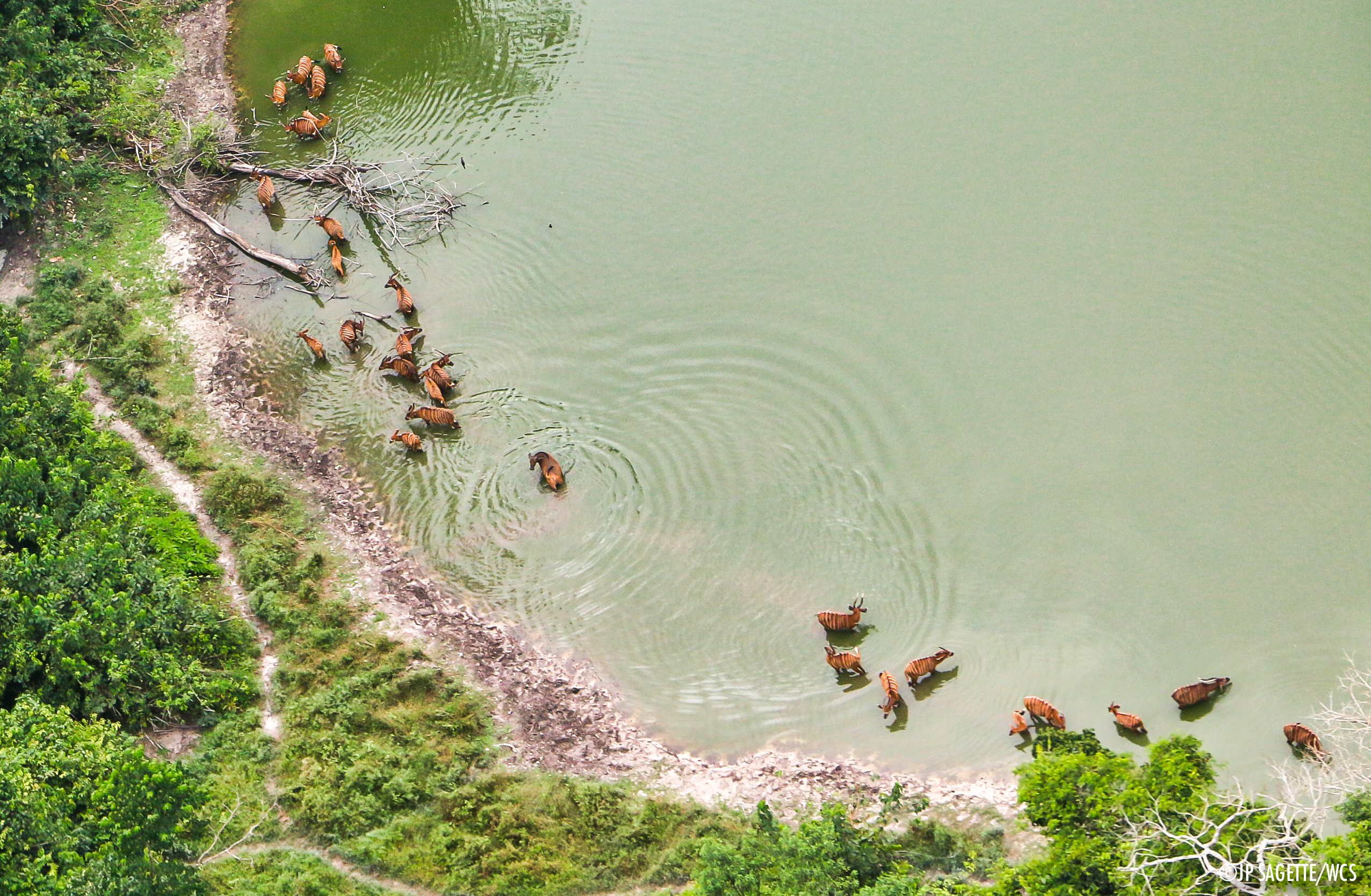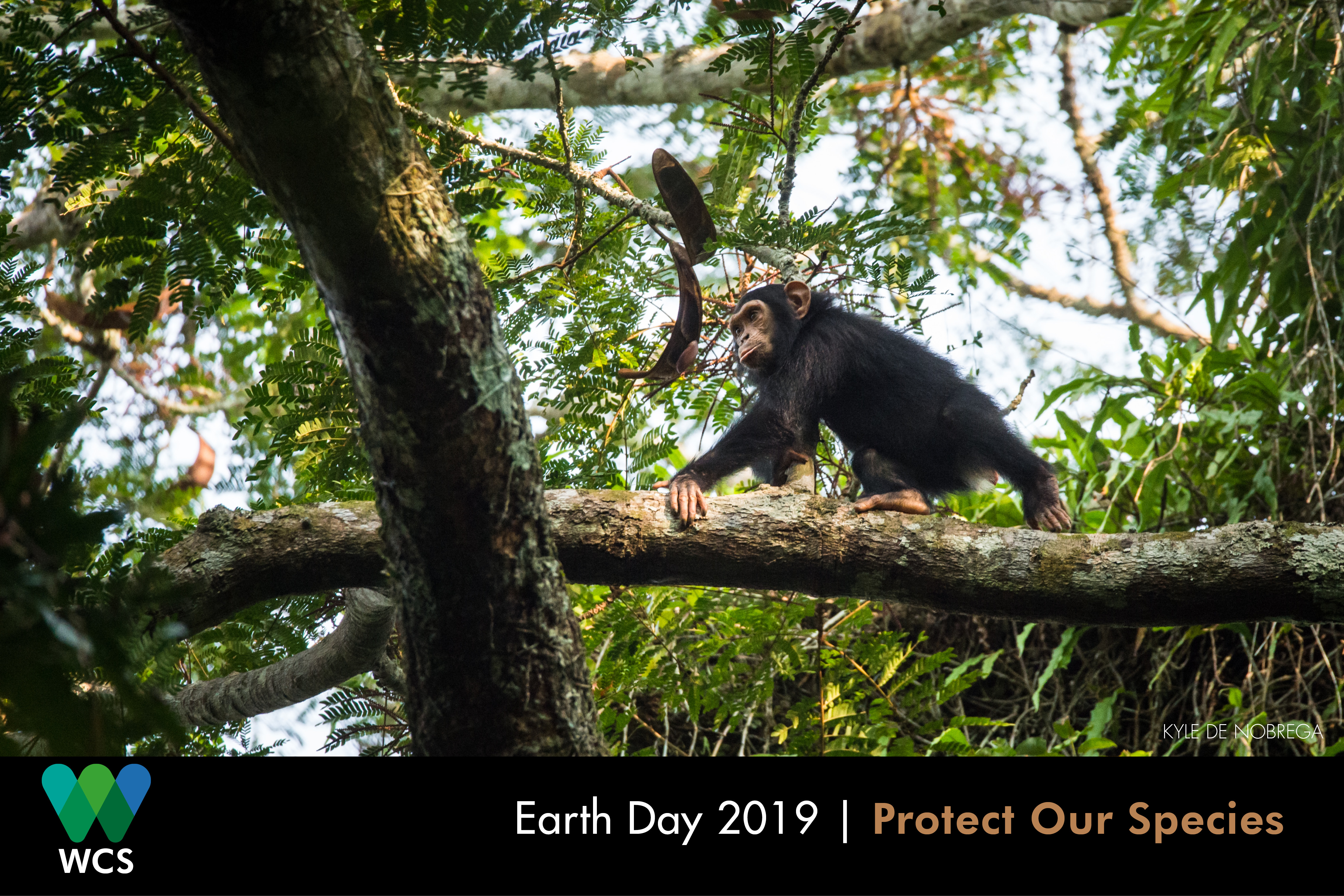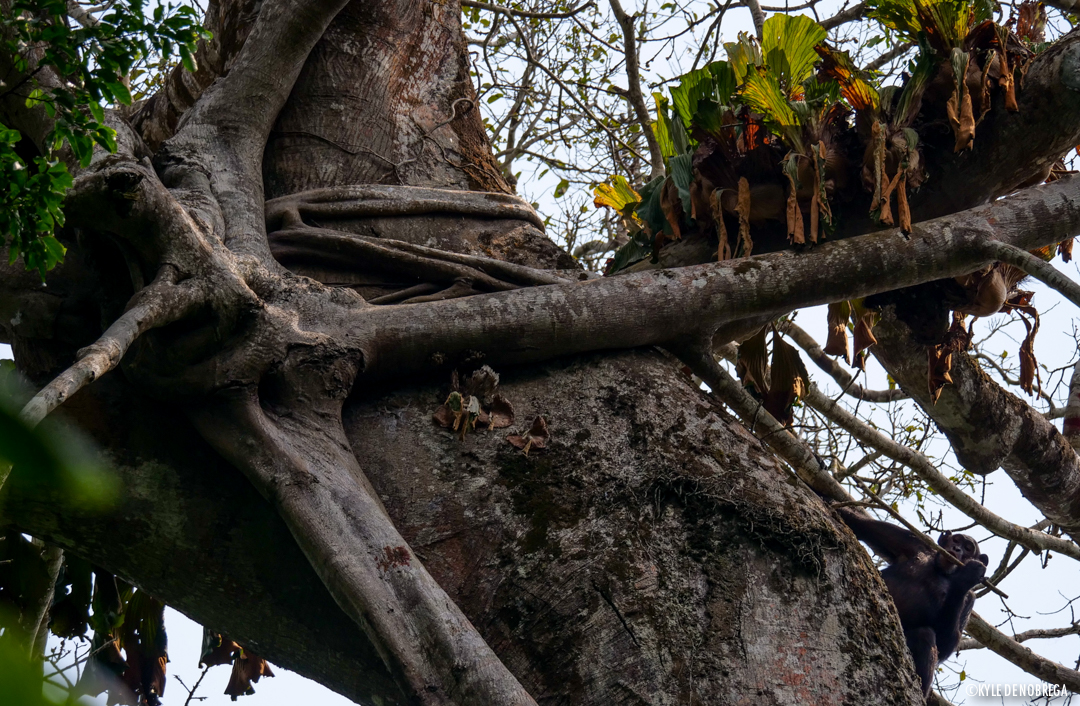Largest study ever in Western Equatorial Africa shows gorillas in deep trouble
In 2018, scientists from ten different organizations assembled the largest survey dataset ever on western lowland gorillas and central chimpanzees. We collated the information on great apes nests from 59 sites in five countries surveyed over 11 years between 2003 and 2013. The study indicated that although there were more gorillas than previously published, they were in deep trouble- declining by a shocking 2.7% every year. On the basis of the results, we were able to...


